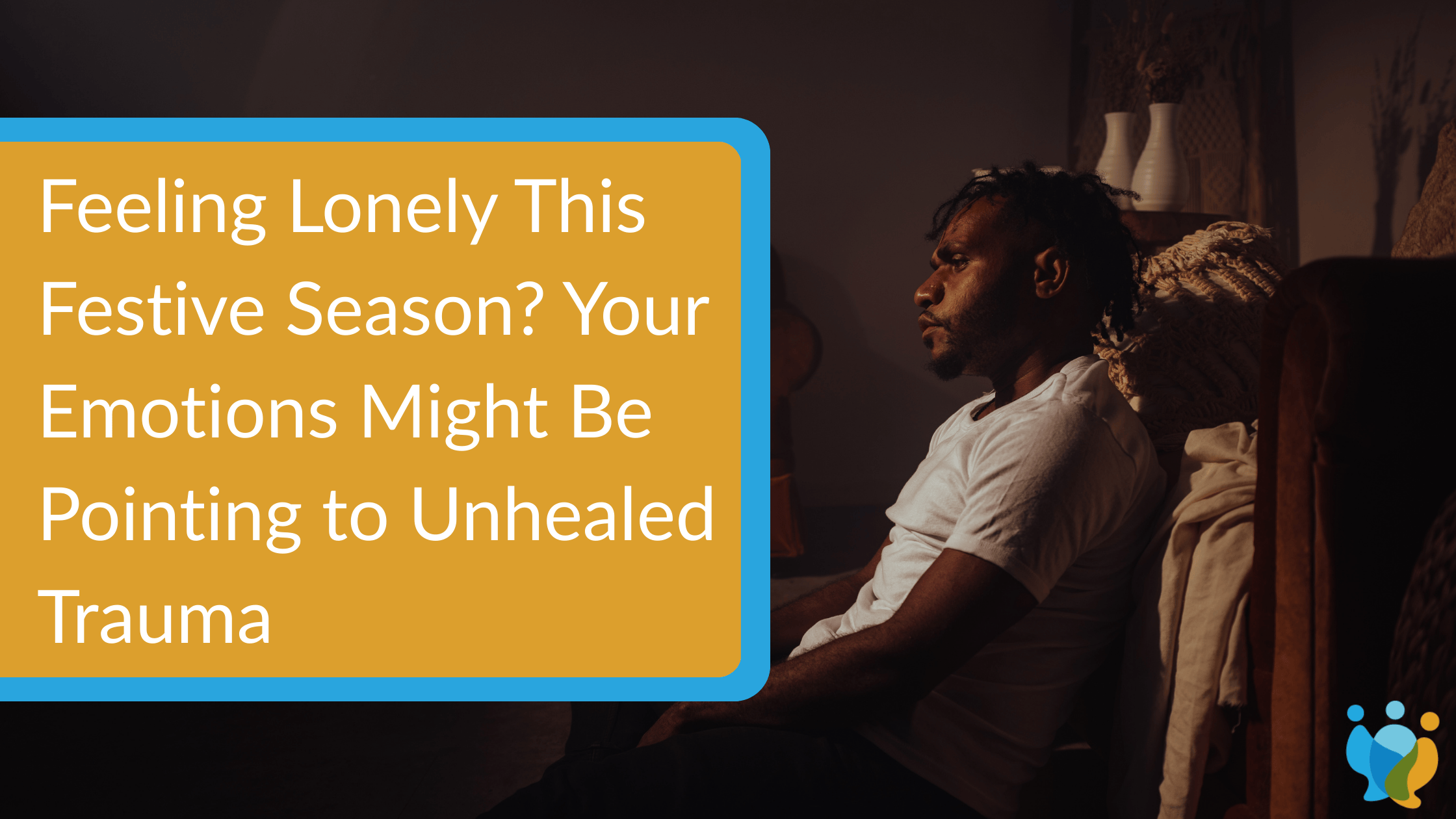Abandonment Issues: Types, Symptoms & How To Get Help

Abandonment Issues: Types, Symptoms & How To Get Help
If you have difficulty communicating with others, you always seek validation, and are constantly in unhealthy relationships, you could be having abandonment issues. Everyone experiences loss differently, some through the death of a loved one and others through the sudden or gradual ending of a relationship or friendship they consider important.
Undoubtedly, abandonment issues can be challenging to deal with because it causes emotional pain and anxiety. It also causes you to harbor unresolved negative feelings that eventually lead to mental health and physical health problems. If you seek to learn more about abandonment issues and how to get over them, you are in the right place. Let’s explore more below.
What are Abandonment Issues?
Abandonment issues are the psychological difficulties people go through from past experiences of being rejected, neglected, or deserted by someone they considered close to them.
The foundation for abandonment issues is commonly rooted in attachment theory, first developed by British psychologist John Bowlby. The idea behind it is that the quality of the bond people form with their primary caregivers affects their ability to form and maintain relationships and navigate the world.
The effects of abandonment issues are more severe if the abandonment happens during the formative childhood years. As a result, the challenges experienced often affect the individual’s thought patterns, emotions, behavior, and relationships.
Types of Abandonment Issues
Even though most abandonment issues stem from childhood experiences, people have other ways they acquire and manifest abandonment challenges. The following are the types of abandonment issues depending on when the issues started or where you experienced the problem:
- Parental abandonment issues: Occurred when both or one parent was emotionally or physically absent, for instance, due to divorce, death, or addictions.
- Childhood abandonment issues: You were denied consistent emotional care from your primary caregiver, leaving you feeling neglected, fearful, alone, or unwanted.
- Intimate relationship abandonment issues: You could have lost a previous romantic relationship you valued and began manifesting abandonment symptoms in the next relationship.
- Social abandonment issues: Being bullied, isolated, or excluded by your friends can lead to difficulty forming new friendships or participating in social events.
- Trauma-induced abandonment issues: Experiencing a sudden loss of a loved one or being betrayed by a loved one can trigger abandonment challenges.
- Online and digital abandonment issues: You may develop abandonment issues if you face challenges with your social media and virtual interactions. For example, you are ghosted, unfollowed, or removed from a popular group.
Related: Why Childhood Trauma Could Be Causing Your Psychological Struggles
Signs and Symptoms of Abandonment Issues
Undealt with abandonment issues eventually manifest in various ways that affect all areas of your life. The signs and symptoms experienced vary in intensity from one person to another. Generally, the signs and symptoms of abandonment issues are:
- Intense anxiety of an impending or perceived separation
- Being possessive or extremely jealous in a relationship
- Fear of being alone
- Mistrust and suspicion of others’ intentions
- Becoming aggressive or too emotional when faced with separation
- Low self-esteem and self-worth
- Extreme sensitivity to criticism or failure
- Depression or suicidal ideation
- Substance abuse to cope with the fears
- Self-sabotaging behavior that pushes people away
- Unstable love relationships
If you are experiencing these symptoms, it is advisable to seek professional help with our certified therapists in Nairobi to help you deal with attachment issues, challenge your thought patterns, and learn healthy coping mechanisms.
How to Get Over Abandonment Issues
Getting over abandonment issues requires patience, ample time, and a strong support system. When you have the right strategies and are dedicated to the process, you will experience gradual healing and gain the skills needed to develop healthier relationships. Follow these steps to help you get over abandonment issues:
- Recognize, acknowledge, and accept that you have abandonment issues. Remember to be kind, loving, and compassionate to yourself.
- Explore the root causes by reflecting on your past childhood and adulthood experiences that may have contributed.
- Seek a qualified and compassionate counselor with experience in abandonment or attachment-related issues.
- Adopt thought and emotional regulation practices such as deep breathing, scriptural meditation, prayer, and intentional observation of your surroundings.
- Learn to challenge negative thoughts and beliefs—with the help of a counselor. They will assist you in reframing your thinking pattern.
- Engage in activities you love, pursue your hobbies, and set goals that focus on your strengths more than your weaknesses.
- Build a healthy support network by surrounding yourself with family and friends who understand your struggles.
- Keep a journal to help track your thoughts and emotions. It will also help you self-reflect and celebrate your progress.
If you need guidance in adopting the above methods in order to overcome abandonment issues, reach out to Clarity Counseling and Training Centre. We have certified therapists in Nairobi experienced in attachment-related challenges and will tailor the sessions to help you navigate and overcome abandonment issues. Do not hesitate to contact us today.









